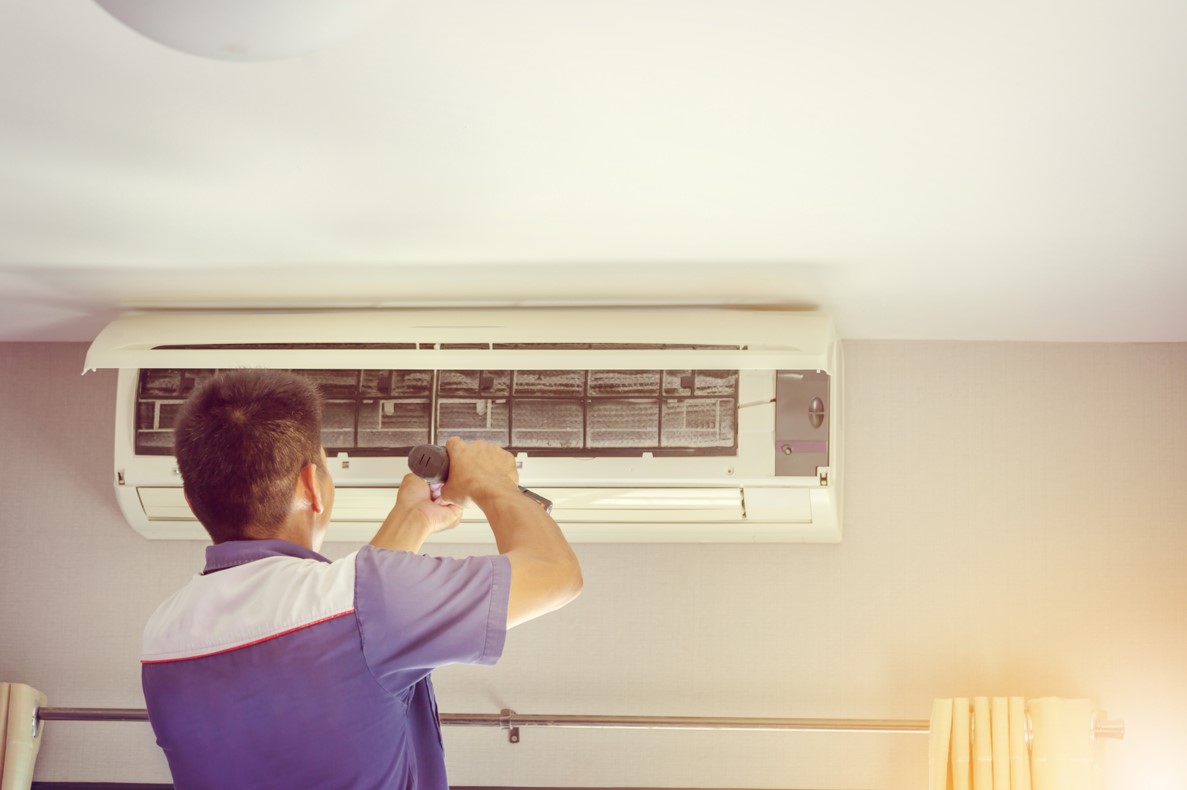
When you look around your home or business at the various utilities, you don’t tend to think about them breaking down. Unfortunately, it’s bound to happen at some point. When it does, you’ll have a decision to make as to whether it’s time for a repair or maybe replacing things altogether. But since various utilities are different in many ways, making this decision can be tough. To help you out, here are some common utilities and when they should be either repaired or replaced.
Water and Sewer Lines
When you want to inconvenience, have problems with your plumbing system. In the case of water lines and pipes, these can often be repaired unless there is significant damage that can lead to flooding and water damage. In the case of your sewer line, it will depend on the extent of the damage. If tree roots or other factors have caused large cracks, replacement is needed. But if it has small cracks or holes, an above-ground epoxy repair can be done, saving you money and from having your yard dug up.
Furnace
On those cold days and nights, having a furnace that is working properly is a must. If your furnace is older or has not been properly maintained, it can experience problems with overheated fans or blowers, clogged filters, or even developing cracks in its burner that could lead to the release of dangerous carbon monoxide into your home or business. When these problems develop, furnace repair is needed.
Electrical Wiring
In any home or business, the electrical system is now relied upon more than ever, thanks to the computers, televisions, smart appliances, and other gadgets scattered about. If your wiring is older or you have a home or business where the electrical wiring and breaker box are not working properly, it’s likely you’ll need to get these replaced. By doing so, you not only gain better performance from the system but lessen the chances of an overload that could result in a fire.
Water Heater
You never think about just how much hot water you use each day until the time comes when you have none whatsoever. When the water heater dies, this does not necessarily mean you’ll be spending $1,000 or more for a new one. In many cases, a technician may discover sediment buildup that could be impeding heating elements, meaning a simple repair job will get the water hot once again.
Since the difference between repairing something versus replacing it can be very big, trust these jobs only to professionals whose opinions you trust.


